Kyiv/Moscow, Nov 20 (V7N)- Ukraine has carried out its first attack on Russian territory using U.S.-supplied Army Tactical Missile Systems (ATACMS), targeting the Bryansk region early Tuesday morning. The strike marks a significant escalation in the ongoing conflict, raising concerns across Europe and beyond.
According to the Russian Defense Ministry, Ukraine launched six missiles, five of which were intercepted and destroyed. However, missile debris caused a fire at a military installation in the Bryansk region. There were no immediate reports of casualties, but the attack has heightened the already tense situation between the two nations.
The attack follows a decision by the U.S. to permit Ukraine to use the advanced long-range missiles on Russian territory. This approval was granted on Monday, and Kyiv acted swiftly, deploying the missiles the next day. The U.S. has been a key supporter of Ukraine in its conflict with Russia, providing military aid to bolster Ukraine's defenses.
Russian Foreign Minister Sergei Lavrov responded sharply, stating, "We are investigating whether any U.S. military experts were involved in the attack. This will be viewed as a new phase of Western aggression against Russia, and we will respond accordingly."
In a parallel development, Russian President Vladimir Putin approved significant changes to the country's nuclear policy on Tuesday. The revised doctrine allows for the use of nuclear weapons if Russia faces an attack with conventional missiles, particularly if such an attack is supported by a nuclear-armed country.
This shift is widely seen as a reaction to the Biden administration’s decision to supply Ukraine with long-range missiles. The updated policy signals Moscow’s readiness to escalate its military stance amid increasing Western support for Ukraine.
Political analysts warn that the situation could spiral into a broader conflict. Ukraine's use of long-range missiles on Russian soil represents a direct challenge to Russia's territorial integrity and may provoke an aggressive response.
"This is a turning point in the conflict," said European security analyst Mark Roberts. "The introduction of advanced weaponry and Russia's updated nuclear doctrine could have far-reaching consequences for global stability."
As tensions rise, the international community faces mounting pressure to mediate and prevent further escalation in the war, which has already claimed thousands of lives and disrupted global economic and political landscapes.
END/RH/AJ



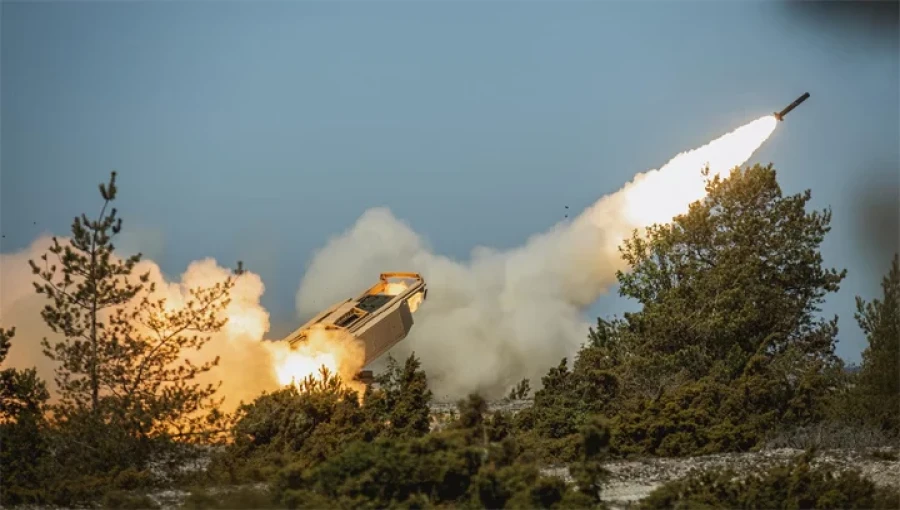


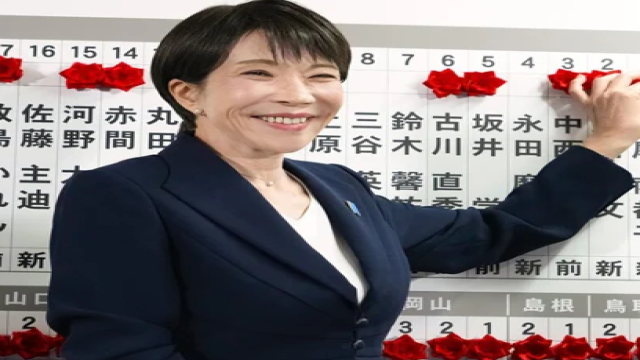

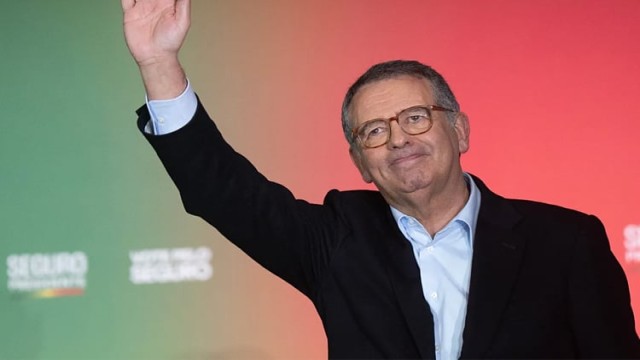
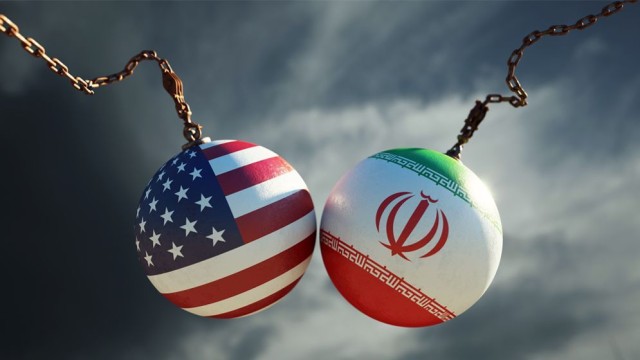





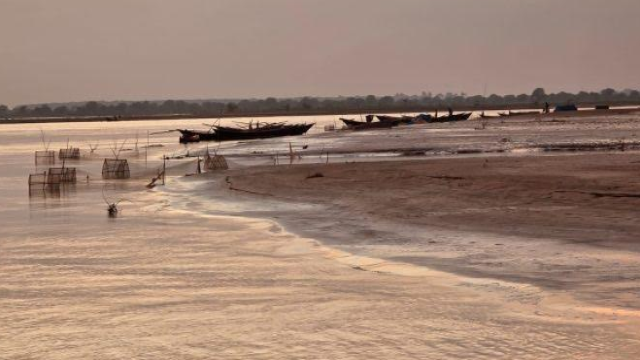
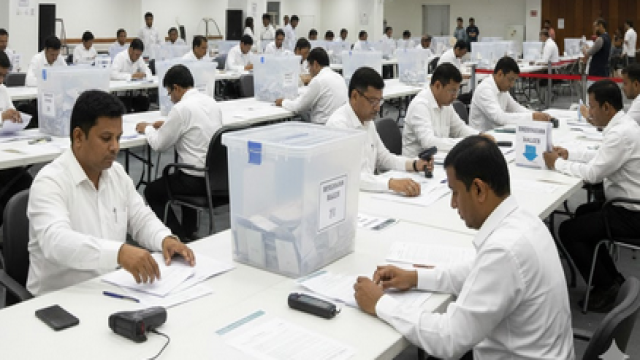
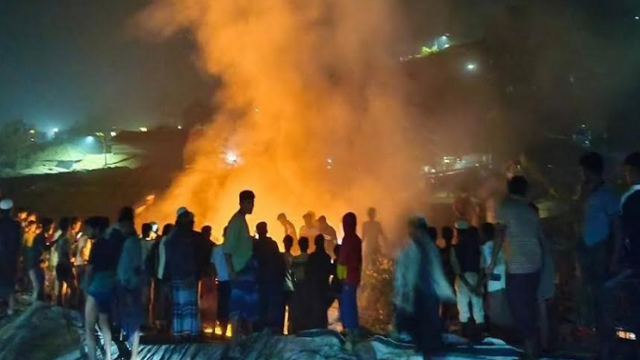

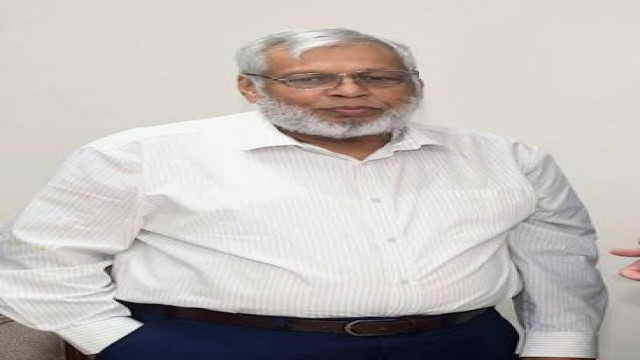











Comment: